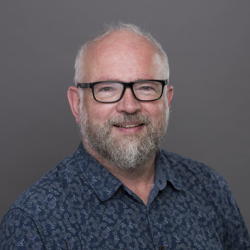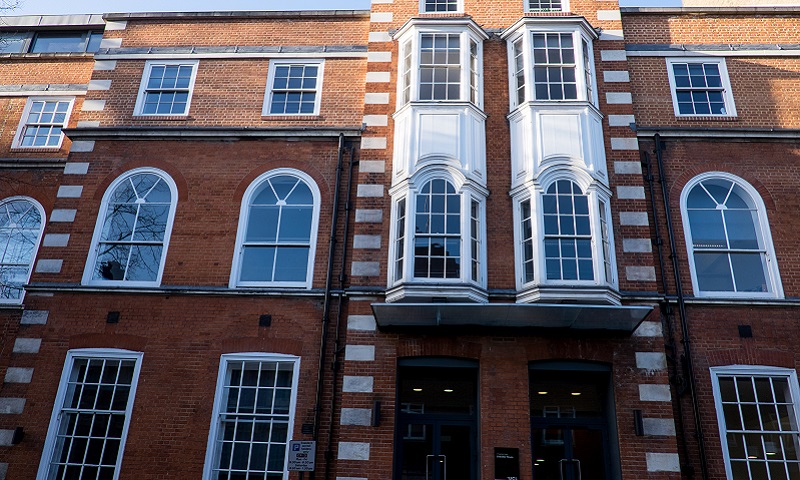About
AI is rapidly evolving and significantly impacting the entire research ecosystem. The most
recent technologies, such as deep learning and large language models, are poised to transform
every aspect of the research process. These include study design, conducting literature reviews,
code design, data collection and analysis, dissemination, peer review, and research
assessment.
The half-day “AI for the Research Ecosystem” (AI4RE) workshop will provide insights from expert
speakers at each stage of the research process and will include broad-ranging presentations from
a comprehensive range of stakeholders including researchers, research institutions, policy
makers and funders, and commercial entities. We see this event as a catalyst for asking
fundamental questions about what the latest developments mean for those involved in the research
process including:
-
How can all the stakeholders organise to best take advantage of these AI
technologies?
Ensuring the research community benefits from these advancements is key. It is essential to identify a strategy that supports researchers in sharing insights, successes, and challenges in implementing AI technologies that can foster a community that learns and grows together. -
How do we make sure that these AI technologies are designed and employed in a
responsible and ethical manner?
It is essential to establish clear guidelines and ethical standards with regard to responsible and ethical design. This will involve engaging ethicists, policy makers, and researchers in ongoing dialogues to address potential ethical dilemmas and societal impacts. -
How do we democratise these AI technologies?
To benefit the entire research community, the opportunities that AI offers should be accessible to everyone, and not restricted to those who can pay for the best tools. Identifying stakeholders who stand to benefit from AI's advancements in research, such as governments, educational institutions, and also private sector entities, can help ensure that these tools remain available to everyone, not just a select few.
Post-Event News
AI for the Research Ecosystem workshop #AI4RE - round up
On March 22, 2024, the AI for the Research Ecosystem workshop (#AI4RE) took place in London, kindly hosted by UCL in the wonderful surroundings of Chandler House. The workshop was part of the Turing Institue’s AI UK Fringe series of events which took place around the U.K. The workshop focused on the intersection of the recent developments in Artificial Intelligence, such as Large Language Models and Deep Learning, and how these developments will impact current research practices.

The packed programme opened with a keynote by Prof. David De Roure of the University of Oxford, exploring knowledge infrastructures, social machines and how, and if, we can measure the rate of innovation - and whether it is increasing.
There were two sessions of invited talks featuring a range of impressive speakers from academia and industry. Dr Phil Gooch, from Scholarcy, looked at how AI can help make research more accessible for the widest range of users. Professor Mike Thelwall, University of Sheffield, examined whether using AI in research assessment can be beneficial, and impartial. Simon Porter, VP futures at Digital Science, gave a service provider's perspective on how they are adapting and adopting these new technologies. Professor Andrew French, University of Nottingham, showed some amazing work their group have been doing for over 20 years using machine learning for identifying the phenotype of plants. He also introduced AIBIO-UK, a community-building project that brings together AI and core bioscience researchers to unravel biological fundamentals and tackle impeding societal challenges.
KMi were represented by Professor Petr Knoth discussing CORE and why AI needs open data and open infrastructures, and by Dr Angelo Salatino who gave a detailed overview of his team’s work investigating the role of AI in literature reviews, hypothesis generation, expert diversity and scientific question / answering.


The workshop's themes address highly relevant issues, attracting significant interest from stakeholders like the European Commission and UK Research and Innovation. Ben Steyn, head of metascience at the Department for Science Innovation and Technology (DSIT) gave an impromptu lightning talk, introducing the combined DSIT / UKRI Metascience unit and presented their efforts in developing a global community of practice for metascience.
There was also a poster session, with 6 accepted posters gathering a crowd during the networking session, and the day rounded off with a wide-ranging panel session where the panellists had a lively discussion on AI's applications in study design, literature reviews, and data analysis. The panel also covered ethical considerations and the democratisation of AI technologies.
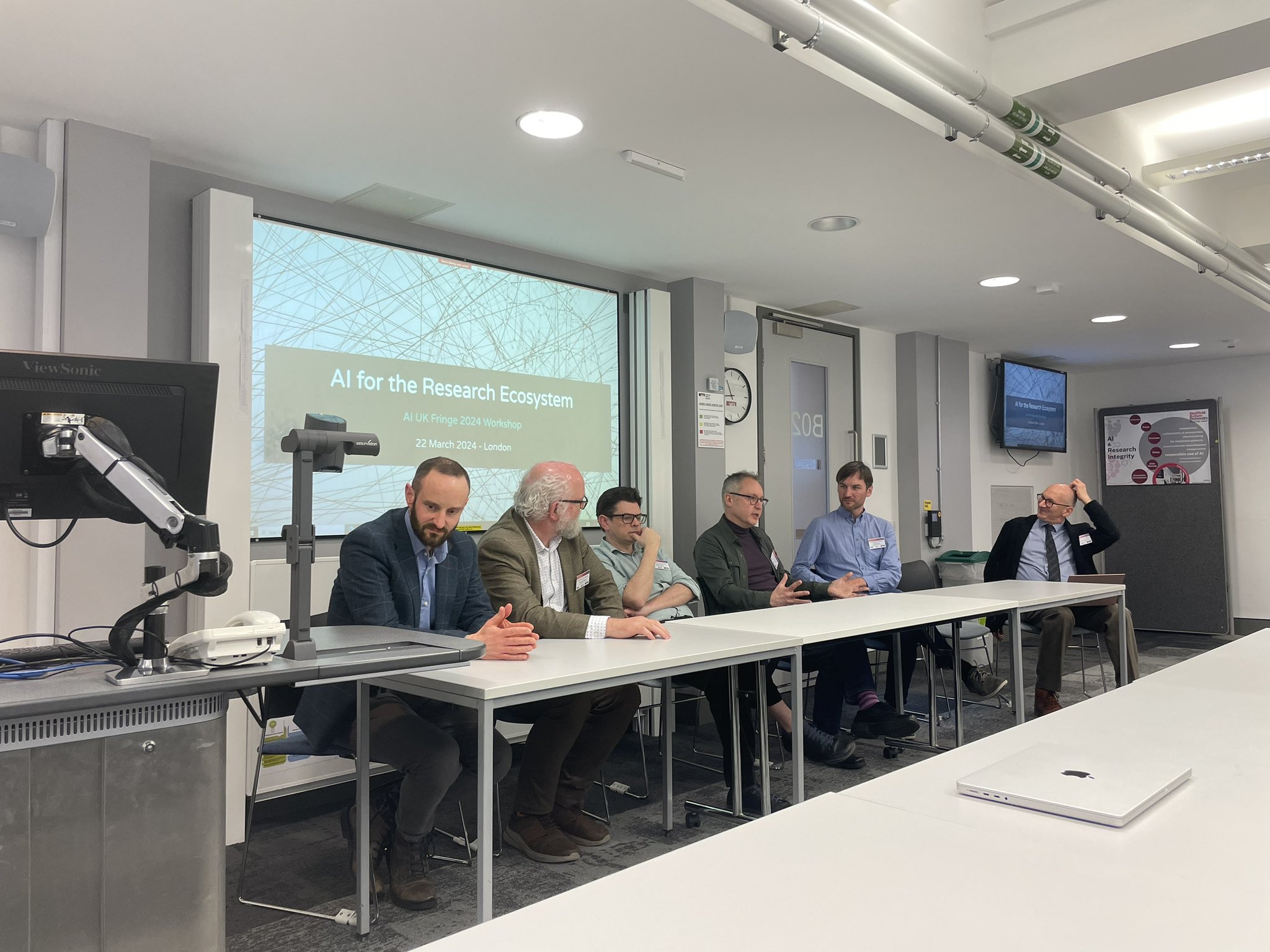
The workshop aimed to foster a collaborative learning community among researchers, institutions, and policymakers and by this measure was a resounding success.
We are extremely grateful to all of the speakers and participants for being a part of the AI4RE workshop. You can view all of the slides and posters from the day below.
